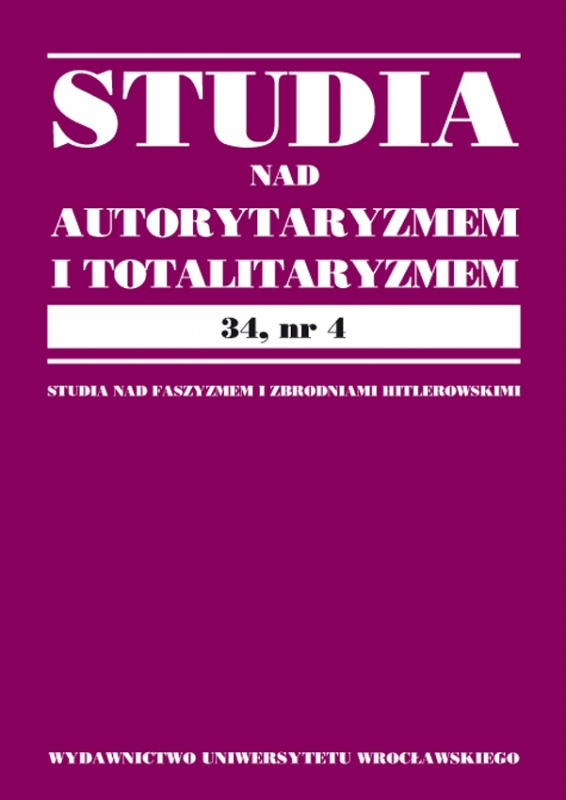

Artykuły

MOSCOW’S BUCHENWALD DILEMMA AND ITS POLITICAL-AND-DOCTRINAL BACKGROUND
After leaving Buchenwald which had been taken during the last phase of the Second World War hostilities, Americans put a proposal to Soviet authorities to deliver to them the captured members of the camp’s staff and the evidence of committed crimes. After delaying the decision, Moscow tacitly rejected the offer. For the first two post-war years the trials of Hitlerite criminals took place exclusively in the Soviet Union; the perpetrators were held responsible just for these actions which had constituted an infringement of laws and war customs on the Soviet territory. The reason for such an approach can in all probability be found in Soviet’s skepticism towards the Nuremberg experiment. Only in the autumn of 1947 did the Soviet Union conduct the trial of the KL Sachsenhausen’s staff in Berlin. It was also the moment when the Soviet government decided to apply the Nuremberg principle of punishment and accepted in practice the rule of universal jurisdiction in cases concerning war crimes. The accused in this trial were also held responsible for crimes against humanity, including those committed to the detriment of citizens of Allied states.